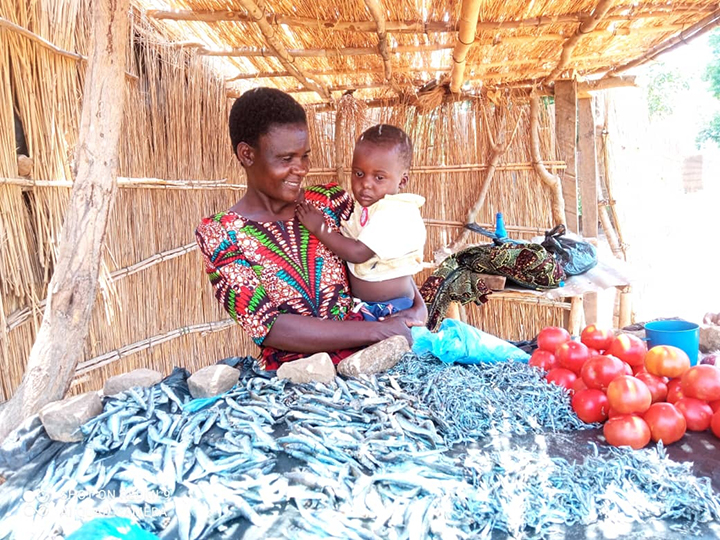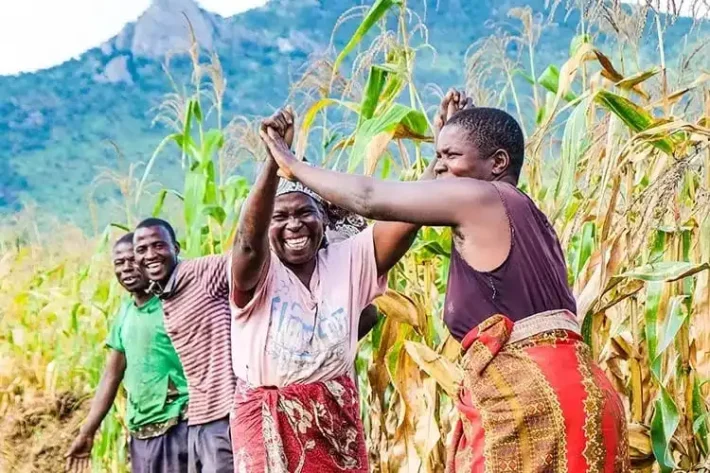The Culture of Malawi: An Introduction to Malawian Proverbs


The Culture of Malawi: An Introduction to Malawian Proverbs
Proverbs are a testament to the wisdom and insight of our elders, who have lived through joys and struggles and have distilled their experiences into these concise and powerful expressions.
In Malawian society, older generations are regarded as custodians of wisdom, proverbs, and wise sayings. They are the keepers of our cultural heritage, and their wealth of knowledge and experience is invaluable. Hold a conversation with an elderly person, and you are likely to be served with proverbs and insightful expressions that offer a glimpse into the wisdom of the ages.
These proverbs cover a wide range of topics, from relationships and community to wisdom and personal growth. They offer advice on how to live a good life, how to treat others, and how to navigate the challenges and opportunities that come our way. They are a reminder that wisdom is not just about knowledge, but also about experience, intuition, and insight.
In our upcoming blog series, we’ll delve into the world of Malawian proverbs, exploring their meanings, context, and significance. We’ll examine how these sayings have been used in different situations, and how they continue to influence our daily lives. We’ll also explore the cultural and historical context in which they were created, and how they reflect the values and beliefs of our ancestors.
Some of the first proverbs we'll explore are:
- Akulu akulu ndi m’dambo mozimira moto: Elders are the wetlands where the wildfire stops.
This saying would be used in a context where one is being encouraged to take heed of the importance of the elders’ wisdom. In literal sense, this means elders are like a swamp or water place that extinguishes fire. This emphasises on the importance of the elders who provide solutions to many challenges that one can encounter in everyday living. This encourages younger generations on the importance of consulting the elders in life’s different situations.
2. Pakadafunda padajiwitsa galu: The comfortable hunter/dog becomes the prey.
This proverb warns against procrastination, encouraging timely action to avoid missed opportunities.
3. Alidere nkulinga utayenda naye: It takes time to really know someone.
Take time to know someone before judging them. This proverb advises caution when forming opinions about others, encouraging a deeper understanding through shared experiences. It means for you to really know a person’s true character it requires that you spend some time with them.
4. Mwala ogudubuka suyanga ndele: A rolling stone gathers no moss.
The English version of this is a rolling stone gathers no moss. This proverb warns against constantly changing pursuits, emphasizing the importance of persistence and focus.
5. Mkuyu zodya ana zimapota akulu m’mimba: The child that eats too many sweet figs will give their parents a stomach ache.
This proverb serves as a warning. It would be used in a context where one is not listening to the leaders’ advice. It means the problems started by children end up affecting the elders or the consequences of children’s actions affect the elders. This proverb highlights the importance of listening to leaders’ advice, warning that ignoring their guidance can lead to problems that in turn affects the elders.
These proverbs offer a glimpse into the wisdom and values that have shaped Malawian culture for generations. They are a reminder that our culture is rich, vibrant, and full of wisdom, and that our elders are a treasure trove of knowledge and insight.
Join us on this journey as we celebrate the beauty of Malawian culture and the timeless wisdom of our elders. Let us delve into the world of proverbs and discover the secrets of our rich cultural heritage! Stay tuned for future blogs on Malawian proverbs in the coming months!




